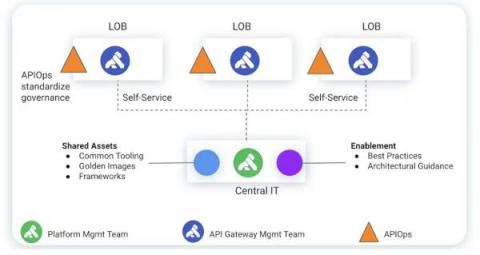How Cabify increased its build success rate to over 95%
Cabify, a leading ride-hailing company, revolutionized its mobile engineering process by focusing on improving app quality and performance, resulting in faster release cycles and top-notch user experiences.











